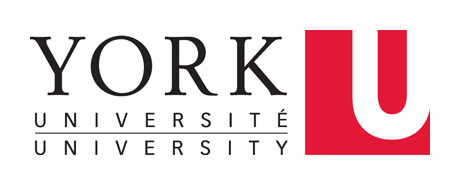Additional considerations for selecting material for a digitization project include:
Purpose of the project
- Is the primary purpose of digitization the facilitation of discovery, access and use of the objects?
- Will digitization serve the goal of offering illustrative images and/or samples of content to help contextualize an argument or add dimension to narrative or educational materials?
Target audience(s)
- Who are the primary users of the digitized material? Are there secondary users? Will the broader community have access to the digitized material?
- How might the digitized material be used by different stakeholders and audiences?
- How much content, context, and additional details are required for audiences to understand and make the best use of the digitized materials?
Intellectual value[1]
- Will digitization add intellectual value to the original source material?
- Who are the potential users of the digitized material?
- Will digitization provide new opportunities for access and scholarship?
- Will digitization address gaps in current scholarship?
Uniqueness
- How unique are the items you wish to digitize?
- Are there other copies of the material digitized and available online? If so, consider integrating this material into your project by linking and referencing this material.
- View a listing of major digitization collections to cross-check in Appendix A of this guide.
Visual appeal
- Is the content visually appealing?
- Which aspects or parts of the material are important to highlight?
- Are there particular items that embody the spirit of the project that you would want to highlight?
- Will digitization of the material reduce its visual appeal?
- Will relevant text be legible?
- Will images translate well?
- Adapted from: Dan Hazen, Jeffrey Horrell, Jan Merrill-Oldham's Selecting Research Collections for Digitization-Full Report — Council on Library and Information Resources. August 1998. Retrieved November 16, 2017, from https://www.clir.org/pubs/reports/hazen/pub74.html#intellectual ↵

